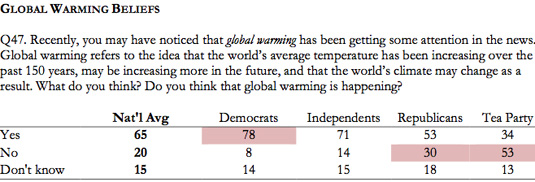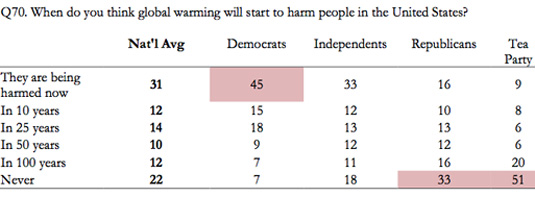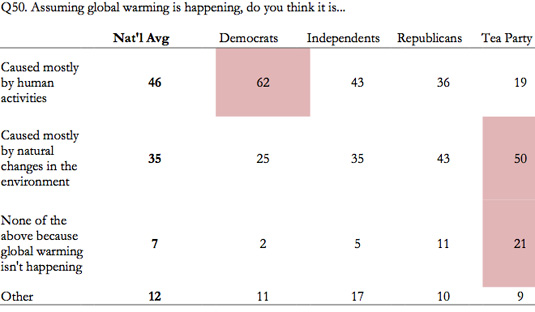The League of Women Voters of Ohio wants HB 194 to be repealed and is supporting the effort to collect sufficient signatures to put a referendum on the ballot for November 2012. The League testified against measures in the law when it was in committee, but their concerns were ignored and the bill was passed without any Democratic votes.
The League is seeking repeal of HB 194 because, according to a statement released by the League, HB 194, “could significantly increase lines on Election Day, force many more voters to vote provisionally and result in more votes being disqualified.” The League says their position on HB 194 is in keeping with their historical work, “to remove obstacles to voting, ensure all eligible voters can vote and ensure all valid votes are counted.” The League objects to these provisions in the bill:
- Shortening early voting from five weeks to three and eliminating most weekend hours.
- Elimination of requirement that poll workers direct voters to the correct precinct. (Failure to vote in the correct precinct means that the vote will not count.)
- Prohibiting boards of elections mailing absentee voter forms to voters or paying the return postage on such forms.
- Establishing a minimum precinct size in cities, which could result in longer lines on Election Day.
- Long lines of voters not be allowed to interfere with nearby businesses.
The Ohio Attorney General rejected the first Referendum Petition because it sought to repeal only part of sections of the law. Accordingly, the new petition drive seeks to repeal HB 194 in its entirety.
Republican State Representative, Anne Gonzales, of Westerville, writing in The Columbus Dispatch defends House Bill 194, saying the bill “would modernize Ohio’s voting laws.” She writes,
“Currently, Ohio’s election practices are not tailored to the modern, fast-paced world that we live in. Inconsistencies and outdated procedures cause problems during elections, miring them in inefficiencies and letting voter fraud go unchecked. …
Overall, the reforms will streamline the election experience, address incidences of fraud and increase the use of technology in elections. …
House Bill 194 directs much of its attention to revising the use of provisional and absentee ballots. To better organize provisional and absentee voting, the bill would amend the verification process for these ballots and implement statewide standards for absentee voting. Additionally, it would reduce the number of reasons that require an individual to vote provisionally. By clarifying the procedures governing absentee and provisional ballots, we can improve accountability and help Ohioans to feel even better about the election process. …
In terms of technological updates, House Bill 194 would allow voters to change their addresses online, making this task quick and convenient Furthermore, the legislation would approve the development of a top-down voter-registration database. This system would authorize the use and certification of electronic poll books, increase the accuracy of the rolls, pinpoint poll-worker error and ensure uniformity among absentee ballots, locations and time periods.
The measures developed in House Bill 194 would make long-overdue changes to Ohio’s voting laws that are crucial if we are to conduct our elections honestly. Here in the Buckeye state, we have a tradition of fair and effective elections. I would like to see this tradition continue, and with House Bill 194, we can restore the integrity that has long been associated with Ohio’s electoral process.”


























